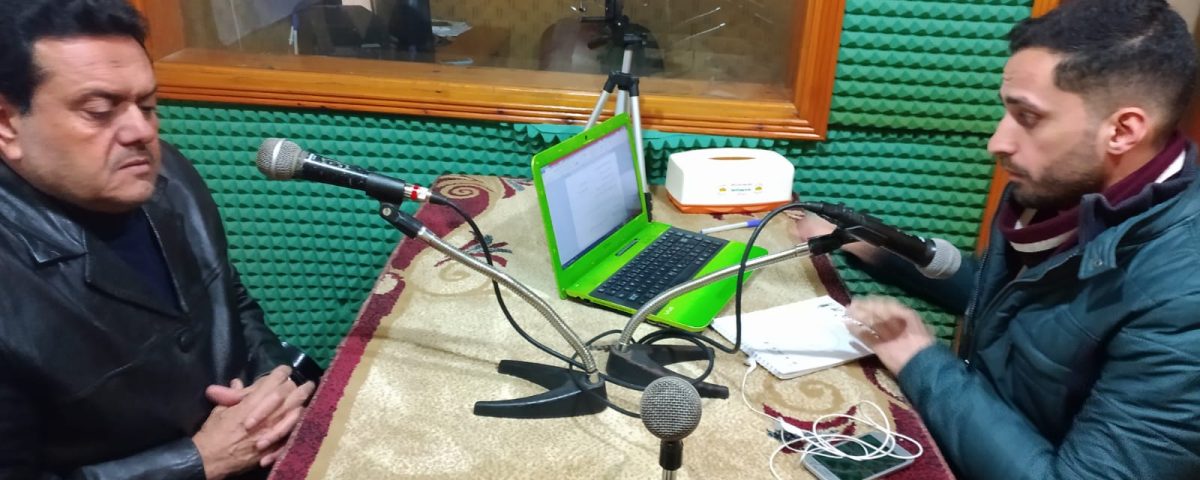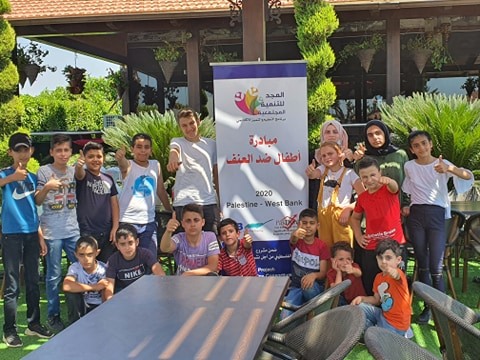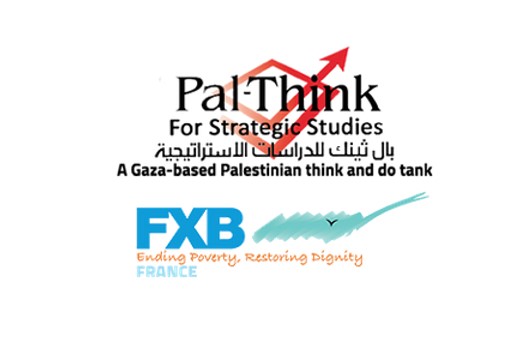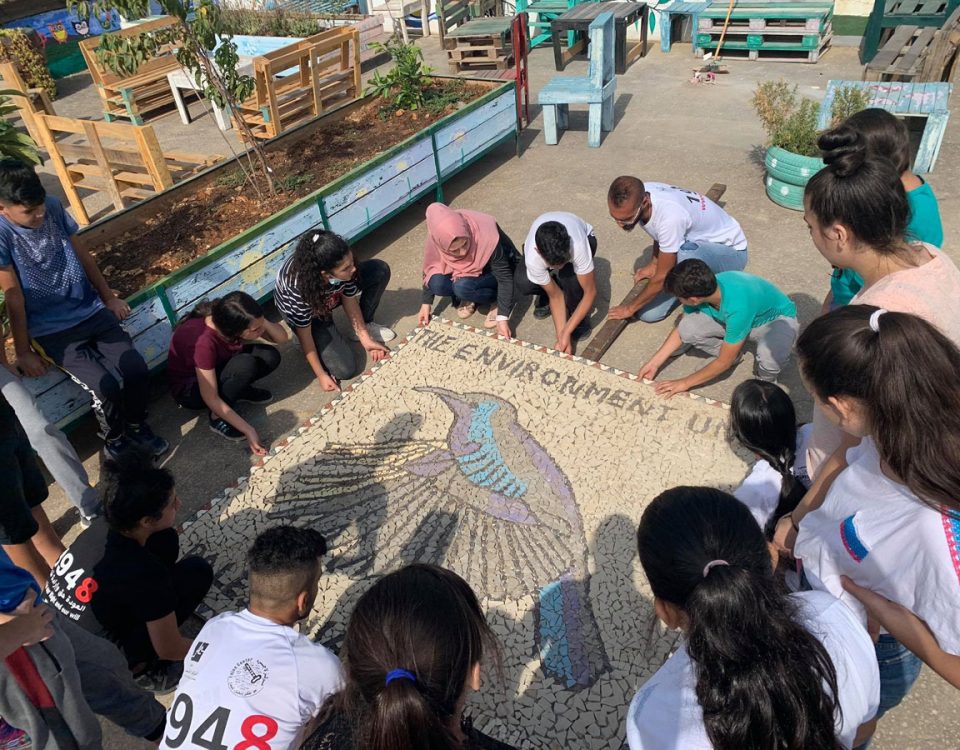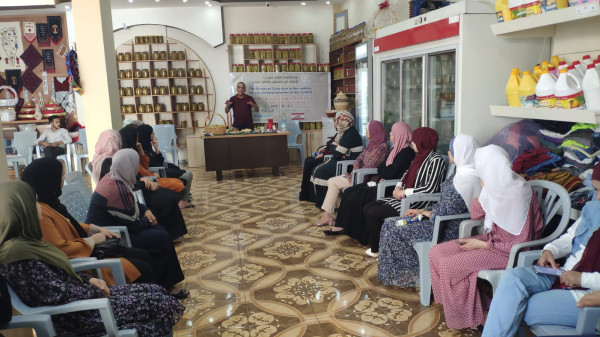- Contact Us
- +972 8-282-2005
- info@palthink.com
The Economic Situation and The Culture of Nonviolence

“Dealing with community conflicts and constructing peaceful societies.”
1 April، 2020
“The Experiences of the Peoples of the World and the Palestinian People in the Culture of Nonviolence”
15 April، 2020In the second episode of the Nonviolence; a Lifestyle In 2020 Program, Pal-Think for Strategic Studies discussed the economic situation and its impact on the culture of nonviolence in the Gaza Strip, as part of the project “Enhancing the Culture of Nonviolence” implemented by Pal-Think and FXB France.
In the inception, there was a presentation of general economic indicators in Palestine and the Gaza Strip in particular, which are affected by external factors such as the occupation and its procedures, especially the ongoing blockade of the Gaza Strip for thirteen years, indicating that it is witnessing many fluctuations and sharp declines both at the level of economic growth, unemployment and poverty. In addition, it is highlighted that these in turn formulate a heavy burden on the social situation in Palestine.
Dr. Mazen Ajlah, hosted to speak in the episode, noted that most of people in the Gaza Strip are below the poverty threshold, and pointed out that all this deterioration in the quality of life has created an ideal environment for the proliferation and spread of violence and has thus paved the way to a darker scene and more hazardous repercussions than we are witnessing today. In this context, he stated that economic crises support the spread of violence in its direct forms such as physical abuse, financial abuse, verbal abuse, and its indirect forms such as negligence, indifference and negativity among employees and workers, which all in all disrupts the lives of people. “This affects the lives of people, so we find that poor economic conditions not only affect the poor but also affect the rich and the level of life in which they live” He added.
Dr. Mazen stated that the economic situation is an important factor in raising and reducing the state of violence in any society along with other cultural, political and social factors, realizing that if there was a comparison between the speed of recovery of the economic situation in society and the speed of recovery of the social situation, there can be observed that the first is faster, while the second needs years of processing
He pointed out that the bad economic situation cast a shadow over the level of luxury and the number of free picnic areas that are necessary for psychological support, so these areas became rare and insufficient, and the citizens became obliged to bear additional expenses that crowd the priorities of spending for the parent of any family in Gaza.
Dr. Al-Ajlah thanked Pal Think for Strategic Thinking for its efforts in spreading the culture of nonviolence to educate the society involved in violence and the economic deterioration. He said that “to resolve these problematic issues, we need decent manner”.
He called on all members of society and the governmental and non-governmental institutions to work on projects that fight violence and contribute to the spread of nonviolence culture and lifestyle, indicating that the economic situation and poor funding constituted an obstacle and a challenge that affected the activities and projects of civil society practices aiming at combating violence and spreading nonviolence in Palestine.

